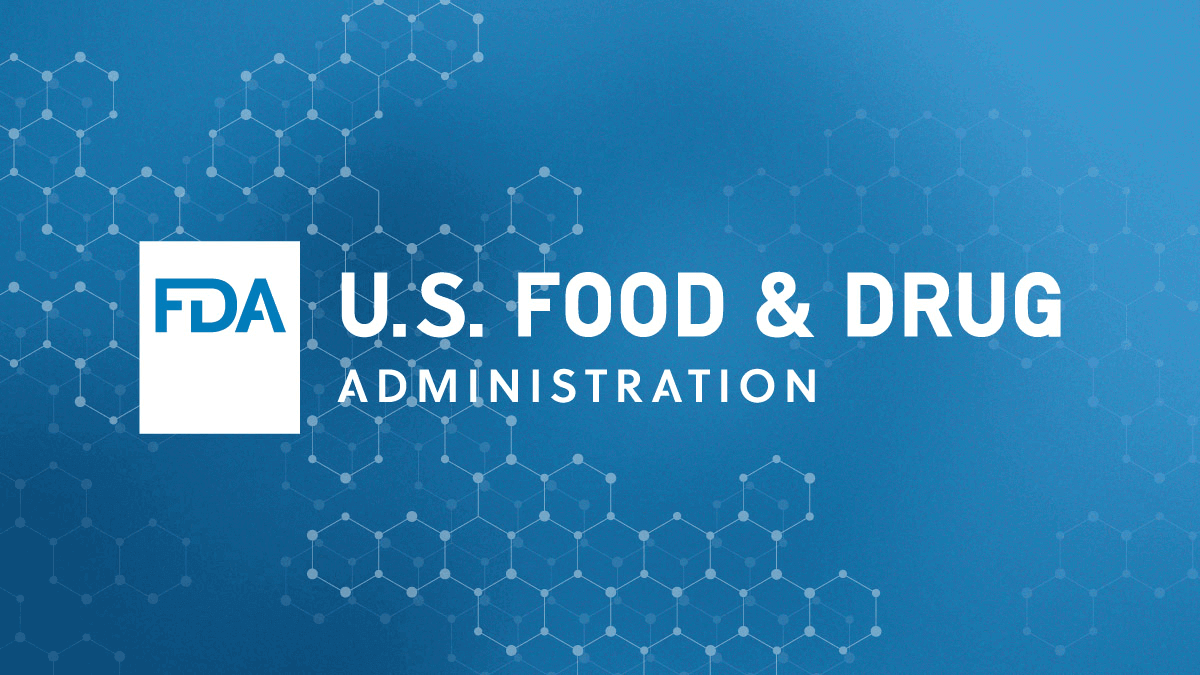[ad_1]
FROM A GLOBAL PERSPECTIVE
By Gregory Smith, Pankaja Panda, and Kunapuli Madhusudhan
August 6, 2024
Since 2008, the FDA India Office in New Delhi has been working to build strong partnerships with India’s national and state regulatory authorities to increase the FDA’s understanding of the country’s legal and regulatory frameworks and to share information about the FDA’s science-based regulations and requirements. One such area of focus is herbal and Ayurvedic products, which are a deeply rooted part of the Indian culture and marketplace. Recently, the FDA India Office has made it a point to increase regulatory awareness of these product categories for both countries, as Director Gregory Smith, Senior Technical Advisor Dr. Pankaja Panda, and Food Consumer Safety Officer Kunapuli Madhusudhan discuss in this blog.
India is home to Ayurveda, a traditional Indian medical system. Ayurveda, a Sanskrit word that means “science of life” or “knowledge of life,” is embraced by many in India as an alternative medical practice in the treatment of chronic diseases, and to boost vitality for better health. Herb-based formulas are just one of the many modalities of Ayurveda.
The U.S. market accounted for more than 25% of the Ayurvedic and herbal products exported by India in 2023, according to the Indian Ministry of AYUSH, which is responsible for the education, research, and promotion of Ayurveda, Yoga and Naturopathy, Unani, Siddha, and Homoeopathy, the traditional medicine and alternative medicine systems in the country. However, the FDA has found various safety concerns with some of these products.
For example, the FDA discovered concerning levels of heavy metals in Ayurvedic products sold in the United States. Heavy metals such as lead, mercury, or arsenic — when present as contamination or as an ingredient of a centuries-old Ayurvedic formula developed for the Indian market — can pose a poisoning risk to consumers. And their presence is often not disclosed on product labels.
Educating Indian regulators, manufacturers, and exporters about FDA requirements can be a challenge because of the difference between how these products are used and regulated in India and what is allowed in the United States. Ayurvedic products as a category are not specifically defined under U.S. law. Unlike India, where these products are regulated as traditional medicines, in the United States, depending on the circumstances, they could be regulated as drugs, dietary supplements, conventional foods, cosmetics, or even devices.
Walking through the exhibitors’ stalls at the 3rd International AROGYA Conference co-sponsored by the Ministry of AYUSH in the northern India city of Lucknow, Uttar Pradesh, earlier this year, the many varieties of Ayurvedic medicine were on display including herbal products with medical claims ranging from diabetes to high blood pressure, GI issues, heart health, and fertility enhancement, to name a few.
While claims to prevent, treat, diagnose, or cure disease on such products are generally allowable in India, it is important to understand that products generally cannot be sold in the United States with such claims without going through the drug approval process and getting approval for those claims. Thus, it is unlikely that a traditional Ayurvedic product intended to be sold in the Indian market would be able to be legally marketed in the United States.
This is why some herbal products end up being detained at the port of U.S. entry and subject to refusal of admission for being an “unapproved new drug” and a “misbranded drug.” For regulators and industry in India, the discussion of medical evidence can be a delicate topic because these products have been used for thousands of years. Then begins a discussion on the amount and type of evidence the FDA needs for products to be approved as drugs.
Recognizing this complexity, the FDA’s India Office (INO) has sought to better understand the landscape and operations of India’s overall herbal products industry, while communicating about the agency’s perspective.
The AROGYA Conference, which drew over 1,000 attendees from 60 countries and 100 companies, was intended to give a boost to AYUSH products in the international market. If the United States is a possible market, that walk through the exhibit stalls demonstrated the need for continued FDA outreach about the FDA’s regulatory expectations for both general herbal and Ayurvedic products.
INO staff participated in panel discussions and worked with the conference organizers to develop presentations to educate industry on how the FDA views its distinctly different drug and dietary supplement pathways as well as the FDA’s approach to inspections and import expectations.
As a further issue for companies in India, with that country’s domestic consumption of herbal and Ayurvedic products on the rise, many are supplying the local market — as well as exporting their products worldwide. In doing so, they must comply with the different regulations of the various importing countries and adapt their packaging and labeling to suit these requirements.
The agency has been working with industry to provide guidance and information to help navigate these factors. But it’s a complex issue beyond just science since the countries’ respective medical perspectives are a function of two distinct cultural histories. Ultimately, the INO staff finds that dialogue with Indian manufacturers and regulators on the topic is not only an opportunity to talk about herbs and Ayurveda, but also to talk about broader topics like research, pharmacovigilance, and real-world data.
To further the safety of products being exported to the United States, this past year the FDA India Office co-hosted training specifically targeted to the unique needs of growers and producers of spices, herbs, and other botanicals. The training focused on Good Agricultural Practices (for preventing the contamination of agricultural crops from human and animal pathogens, chemical contaminants such as pesticides and heavy metals, and allergens) and Good Manufacturing Practice requirements (the minimum requirements for the methods, facilities, and controls for producing a safe product) targeted to the processing of botanical crops into products.
Since the U.S. legal landscape can be complex, we recommend companies and individuals in India that want to sell FDA-regulated products in the U.S. marketplace, and importers who want to import such products into the United States, consider obtaining advice from experts in U.S. food and drug law. Such experts can help interested parties understand how to market herbal and Ayurvedic products legally in the United States.
We hope that opportunities for dialogue regarding good practices continue to grow and that knowledge learned be increasingly implemented internationally, to not only benefit in-country consumers but global consumers as well.
Useful resources:
[ad_2]
Source link
Share this content:


